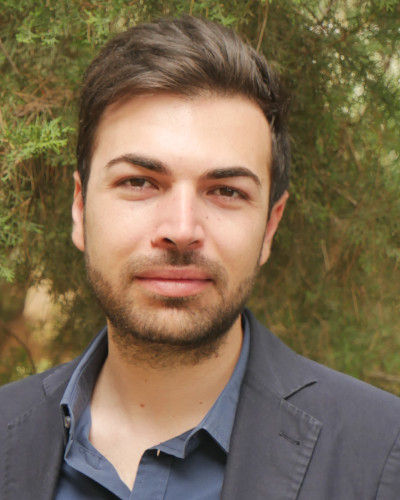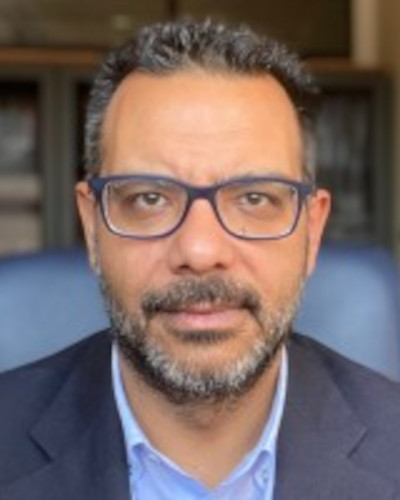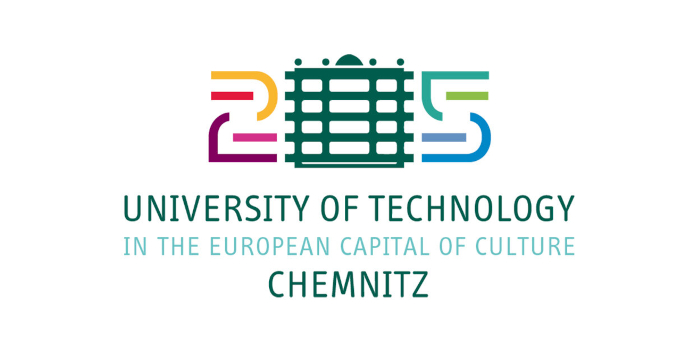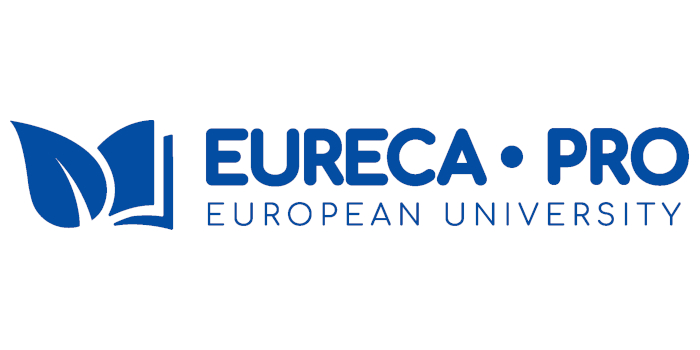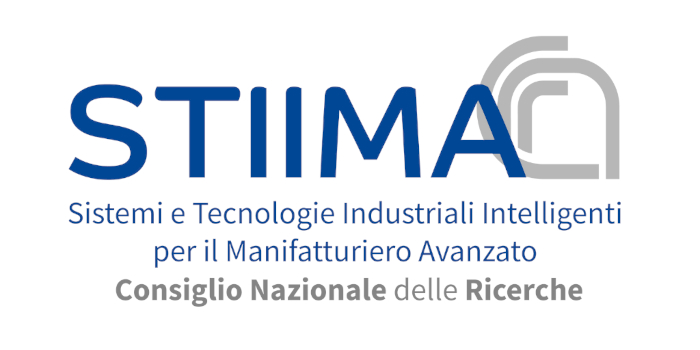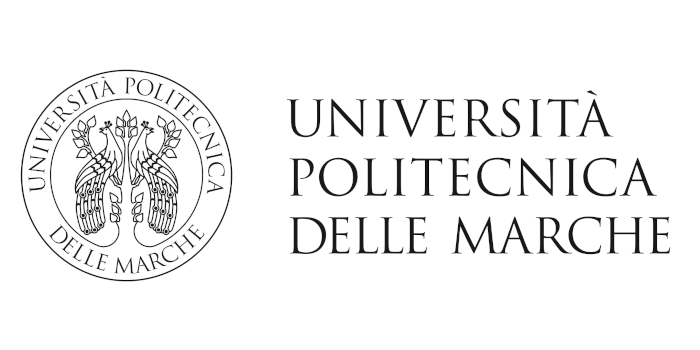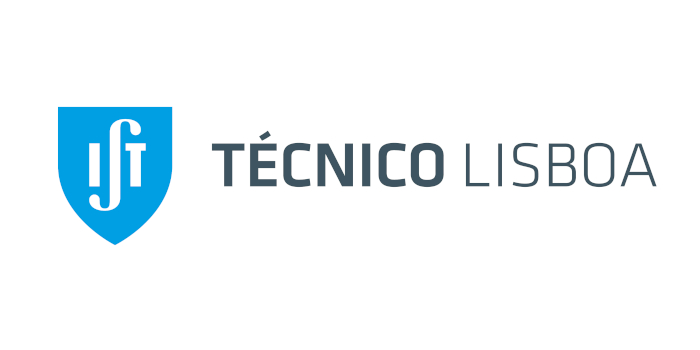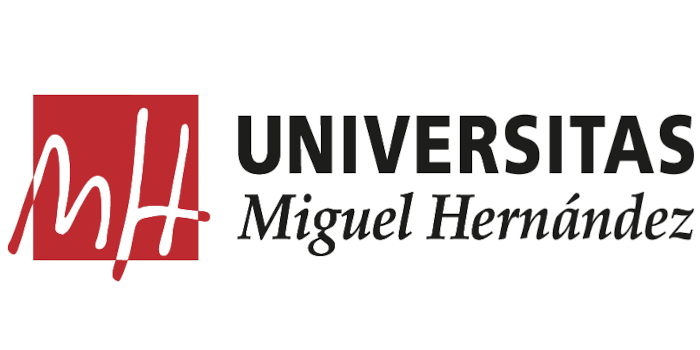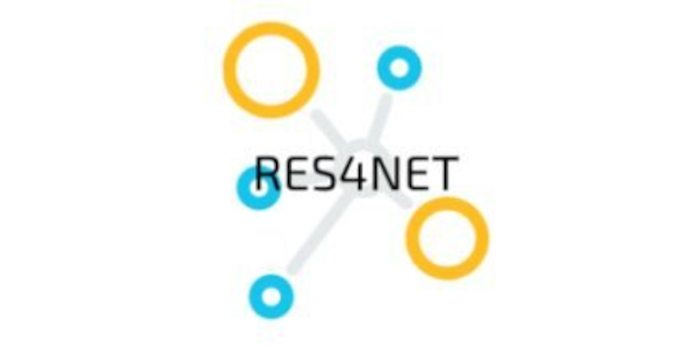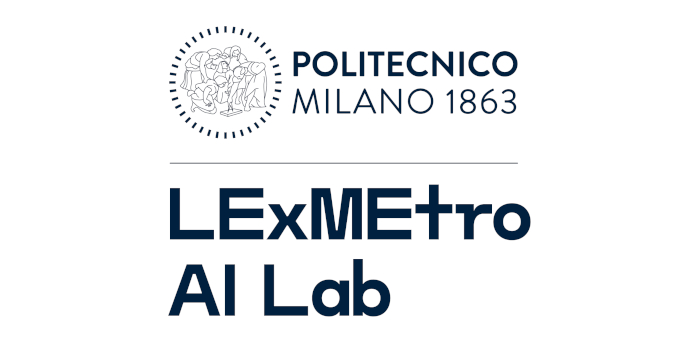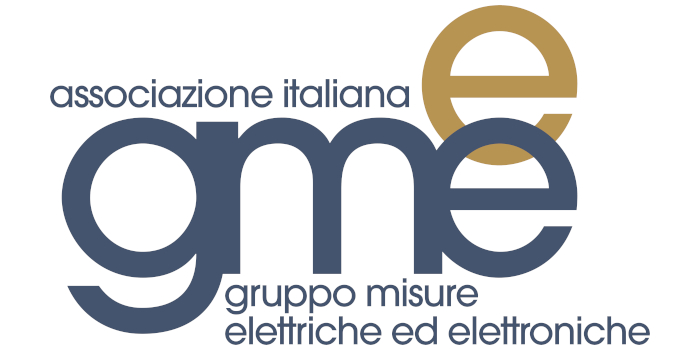THEMATIC SESSION #14
Computer Vision in Action: Enabling Hands‑Free Interaction in Wearables and XR
ORGANIZED BY
Francesco Ragusa
University of Catania, Italy
Giovanni Maria Farinella
University of Catania, Italy
THEMATIC SESSION DESCRIPTION
The rapid growth of the market for smart glasses, headsets, and mobile cameras is transforming the way we interact with technology. These devices capture the world from an egocentric perspective, offering a unique vantage point where users engage with their environment by touching objects, navigating spaces, and performing tasks to achieve their goals. To make sense of this rich data (images, videos, audio, text, gaze, IMU, etc.), intelligent algorithms are essential for analyzing these signals and providing valuable services that assist individuals in their everyday lives and work environments. Additionally, head-mounted displays enable the presentation of information through mixed reality, enhancing user experience with immersive visualizations. Together, these components lay the foundation for developing intelligent systems capable of understanding human behavior and offering support in real-time.
This special session aims to bring together researchers from various areas of computer vision to exchange their latest advancements and explore the challenges and opportunities within this rapidly evolving field.
TOPICS
We welcome original contributions on topics including but not limited to:
- Augmented and Mixed Reality and Egocentric Perception;
- Video Understanding for Egocentric Vision;
- Egocentric vision for summarization;
- Egocentric Social Interaction and human behavior understanding;
- Computer Vision to Improve the safety of workers;
- Privacy-preserving systems;
- Human and wearable devices interaction;
- Safety and Security;
- Egocentric vision for procedural understanding;
- Navigation Systems;
- Mobile and Wearable Systems;
- Eye tracking and gaze estimation from head mounted devices;
- Language and Vision system.
ABOUT THE ORGANIZERS
Francesco Ragusa is an Assistant Professor (RTD/a) at the University of Catania, Italy. He has completed an Industrial Doctorate in Computer Science in 2021. During his PhD studies, he has spent a period as Research Student at the University of Hertfordshire, UK. His research interests concern Computer Vision, Pattern Recognition, and Machine Learning, with focus on First Person Vision. He is part of EPICK-KITCHENS, EGO4D and EGO-EXO4D teams. He is co-founder and CEO of NEXT VISION s.r.l., an academic spin-off the the University of Catania since 2021.
Giovanni Maria Farinella is a Full Professor, at the University of Catania, Italy. His research interests lie in the fields of Computer Vision and Machine Learning. He is an Associate Editor of the international journals IEEE Transactions on Pattern Analysis and Machine Intelligence. Giovanni is part of the EPICKITCHENS, EGO4D and Ego-Exo4D team. Giovanni founded and currently directs the International Computer Vision Summer School (ICVSS), for which he was awarded PAMI Mark Everingham Prize in 2017. He frequently organises workshops alongside ECCV, ICCV and CVPR.

